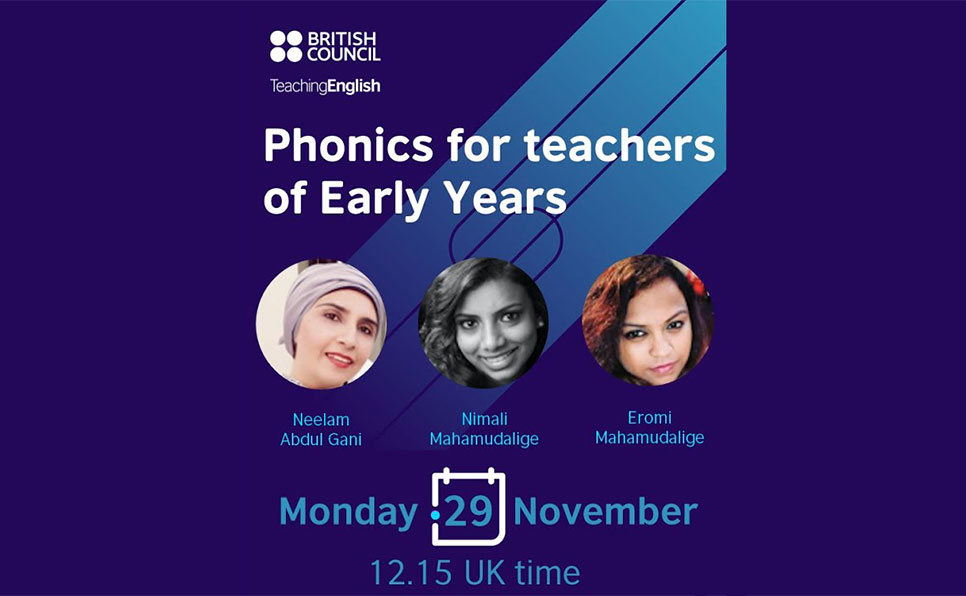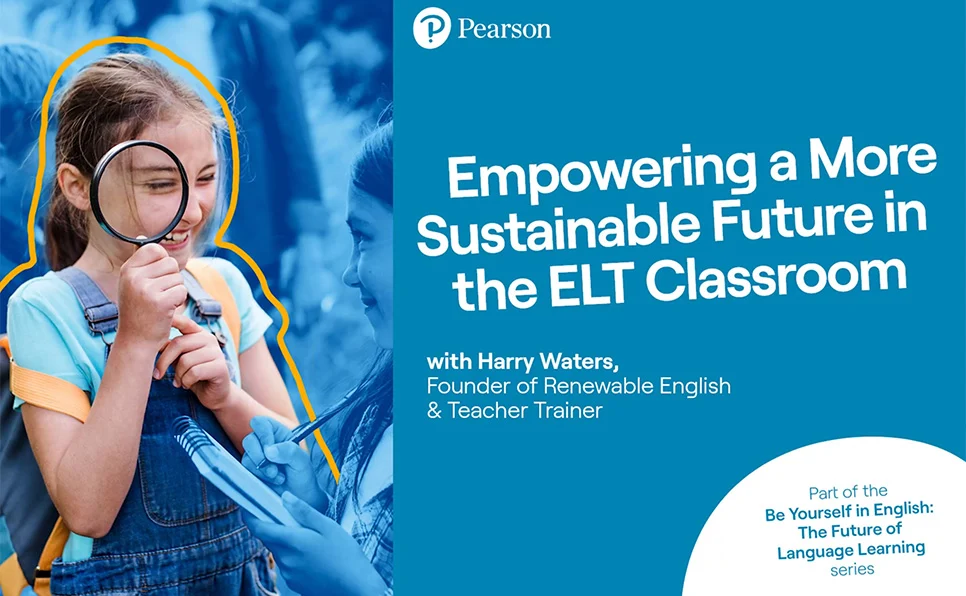The video script “Once upon a time: story-based teaching, learning, and assessment” highlights the importance of storytelling in education, particularly in the context of language learning for young learners. Here are the main points from the video:
- Importance of Storytelling:
- Stories are fundamental to human experience and are used to make sense of the world.
- In education, stories help in constructing and representing knowledge and experiences, making them valuable tools for learning and teaching.
- Digital Storytelling:
- Digital storytelling combines visual, textual, audio, and video elements, making it a versatile educational tool.
- It enhances critical thinking, creativity, problem-solving, and multiliteracies (technological, genre, and information literacy).
- Digital storytelling encourages learner-centered learning and builds a community of practice, making learning more engaging and supportive.
- Benefits for Young Learners:
- Young learners are naturally enthusiastic and energetic, benefiting from story-based approaches which cater to their short attention spans and need for varied activities.
- Stories boost learners’ confidence, self-esteem, creativity, and imagination.
- They also foster empathy, cooperation, cultural awareness, and a positive attitude towards learning languages.
- Technology in Language Learning:
- Technology has revolutionized language learning by providing opportunities for interactive and functional use of the target language beyond the classroom.
- Technology-enhanced language learning can reduce anxiety and increase confidence in learners by providing a supportive virtual learning environment.
- Assessment and Digital Storytelling:
- Digital storytelling can be used as an alternative method of assessment, particularly for young learners who may find traditional methods intimidating.
- During the COVID-19 pandemic, online assessment became more prevalent, and research indicates that some learners prefer online interactions over face-to-face exams.
- Engagement through Stories and Games:
- Incorporating games and interactive storytelling in education can create a pleasant and motivating learning environment.
- These methods take into account children’s interests and capacities, promoting active participation and interaction.
In summary, the video emphasizes that storytelling, especially digital storytelling, is a powerful tool in education that enhances various skills, supports learner-centered environments, and provides alternative assessment methods. This approach is particularly effective for young learners, making learning more engaging, enjoyable, and effective.


